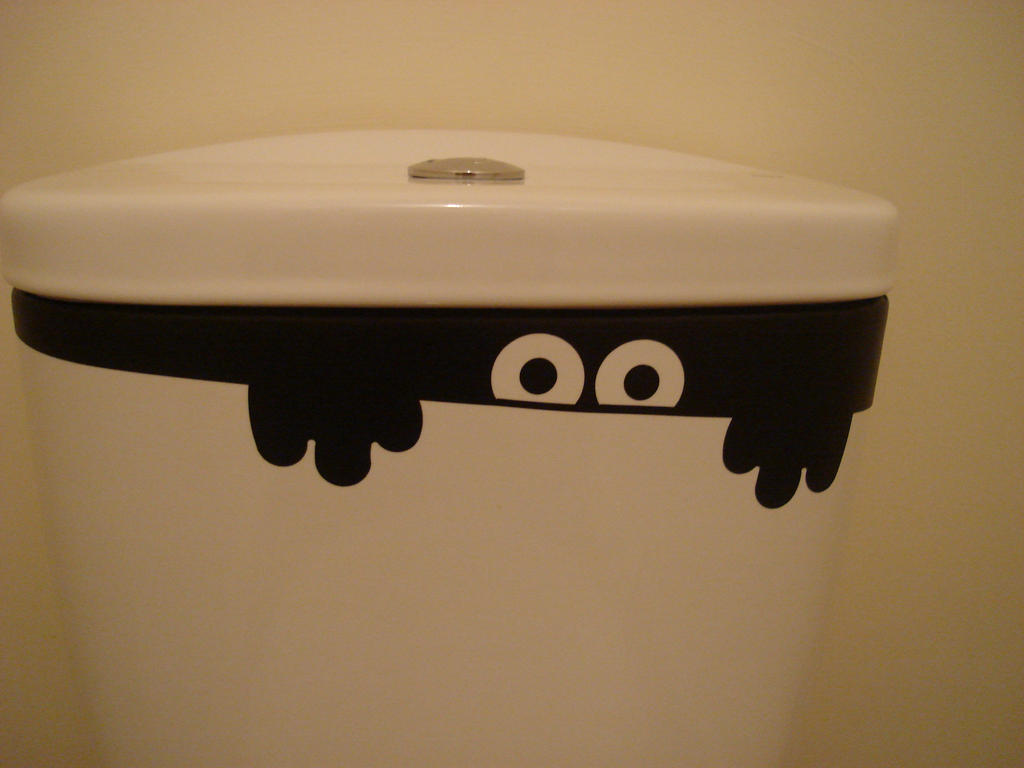"Toto, short for Tōyō Tōki (Oriental Ceramics), is a Japanese toilet manufacturer that designed the Intelligence Toilet II. This toilet analyzes our excreta and records data like weight, BMI, blood pressure, and blood sugar levels. It even has a sample catcher in the bowl to obtain urine samples, which for instance can used to predict pregnancies. This information is then sent to your PC, showing your vital health stats."
It would be a simple effort to share this information with your doctor and even with your health insurer. Imagine this, "You just went to the toilet and that triggered an automatic email informing you that your health insurance went up."
The future is here; resistance is futile. And, maybe, just maybe, there are monsters in the toilets after all.
News link

Comments